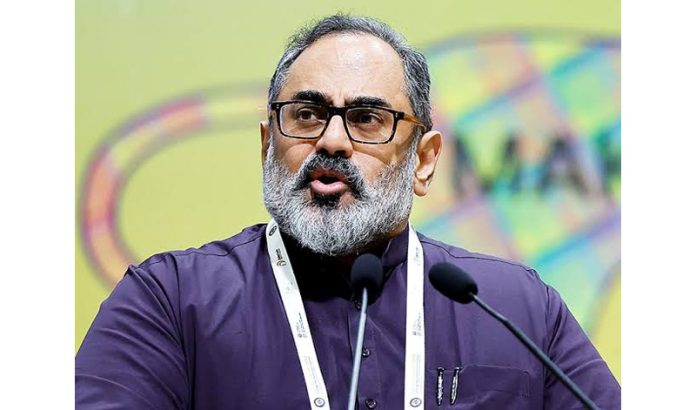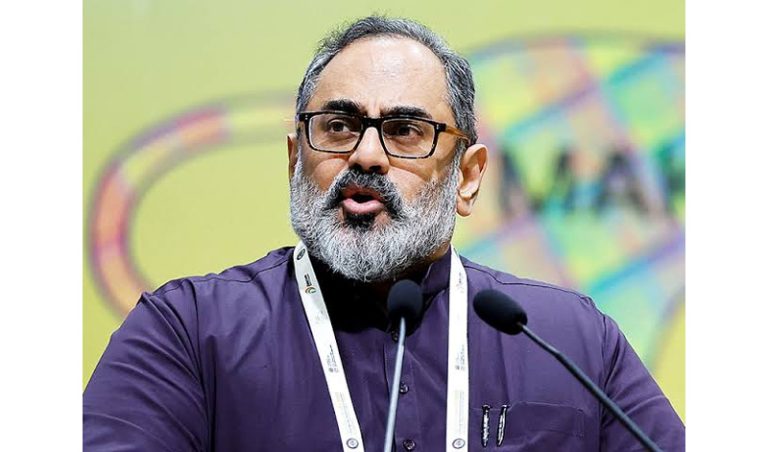
NEW DELHI, Feb. 20 (Xinhua) — India has emerged as the most preferred technology partner in recent years and has reversed the missed opportunities of the past 75 years, IT Minister Rajeev Chandrasekhar said on Tuesday.
Talking about India's evolving stance towards China, especially in the semiconductor space, he said there has been a major shift in momentum.
“There is a trend today, with respect to China, that the momentum that it has had over the last decade in emerging and high-tech areas is slowing down and becoming more intense because of all the export control regimes imposed against it,” he added. He said.
They (China) are certainly not seen as a reliable partner in the future of technology. “I can confidently say that India is working to reverse the missed opportunities that were lost over the last 75 years. Today we have two fully integrated industrial companies, with an astonishing investment worth $10 billion coming into the country after decades,” he said while participating in the Mumbai Technology Week.
India is also collaborating with the best technology partners for the future of semiconductors. So, besides the Semiconductor Design Innovation Ecosystem, which will design the next generation of chips and devices, “we will also launch the Semiconductor Research Center in India which will be a state-of-the-art research center housing the world’s largest semiconductor makers,” the minister added. Searching in India.
He also said that the Narendra Modi government will ensure that it exploits artificial intelligence to the fullest extent in order to enhance government services and people's lives.
Commenting on his extensive entrepreneurial experience spanning over 12 years, the Minister noted, “The telecom sector has seen some of the biggest frauds. Therefore, there is also a healthy dose of cynicism and skepticism when the government talks about regulation because there is a feeling that regulation It either advances a particular agenda or pushes forward the need for government or political control.
But the approach adopted by this government in establishing a regulatory framework was open, transparent and consultative. (university)

